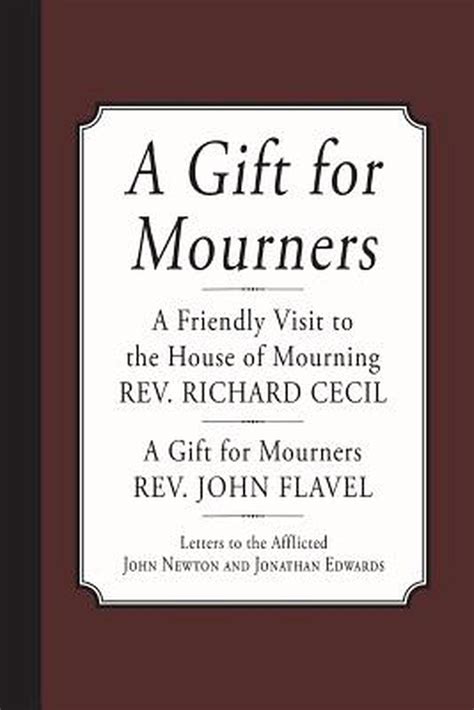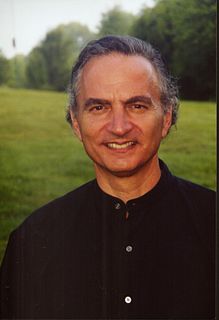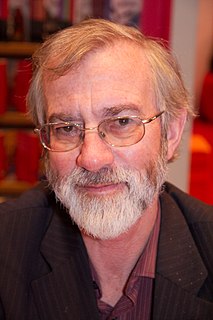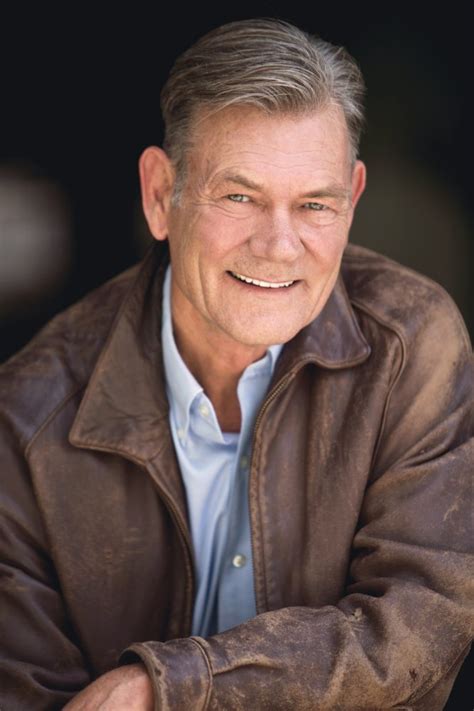A Quote by Michael Pollan
The first step towards solving the omnivore's dilemma is knowledge: eating with full consciousness. When that happens, I have a lot of confidence that people will make good choices.
Related Quotes
COMMITMENT is the first step to every good thing I know, and the only step that matters when it comes to achievement. It inspires and attracts people, shows them you have conviction and goals, that you are focused and determined. And the commitment that is based on values will endure. Any time you make choices based on solid life values, you are in a better position to sustain your level of commitment, because you don't have to continually re-evaluate its importance.
This is the first step toward understanding the process of real, lasting change: simply knowing with certainty that you can do whatever you need to do. This understanding has a dual edge: On the one hand it increases your confidence and dignity. On the other hand, it places full responsibility on you if you fail to make the change you set out to make. But this is a good thing, not a guilt trip.
People often get racism mixed up with bigotry or prejudice. We need to get our terminology straightened out. We obviously have racial problems that need solving. The first step in solving a problem is to identify it. If we keep mis-identifying bigotry and prejudice as racism we'll never make any headway
Our society values alert, problem-solving consciousness, and it devalues all other states of consciousness. Any kind of consciousness that is not related to the production or consumption of material goods is stigmatized in our society today. Of course we accept drunkenness. We allow people some brief respite from the material grind. A society that subscribes to that model is a society that is going to condemn the states of consciousness that have nothing to do with the alert problem-solving mentality.
In this life we have to make many choices. Some are very important choices. Some are not. Many of our choices are between good and evil. The choices we make, however, determine to a large extent our happiness or our unhappiness, because we have to live with the consequences of our choices. Making perfect choices all of the time is not possible. It just doesn't happen. But it is possible to make good choices we can live with and grow from.
In order to arrive at knowledge of the motions of birds in the air, it is first necessary to acquire knowledge of the winds, which we will prove by the motions of water in itself, and this knowledge will be a step enabling us to arrive at the knowledge of beings that fly between the air and the wind.
No need to choose; become choiceless. And whatsoever happens happens; whatsoever happens is good. Let things happen rather than trying to do, and you will be surprised that all ambiguity disappears. It is a by-product of the chooser's mind, the choosing mind, that creates ambiguity. Otherwise there is no dilemma. Negative and positive are perfectly balancing in life.
If one does not make human knowledge wholly dependent upon the original self-knowledge and consequent revelation of God to man, then man will have to seek knowledge within himself as the final reference point. Then he will have to seek an exhaustive understanding of reality. He will have to hold that if he cannot attain to such an exhaustive understanding of reality he has no true knowledge of anything at all. Either man must then know everything or he knows nothing. This is the dilemma that confronts every form of non-Christian epistemology



































